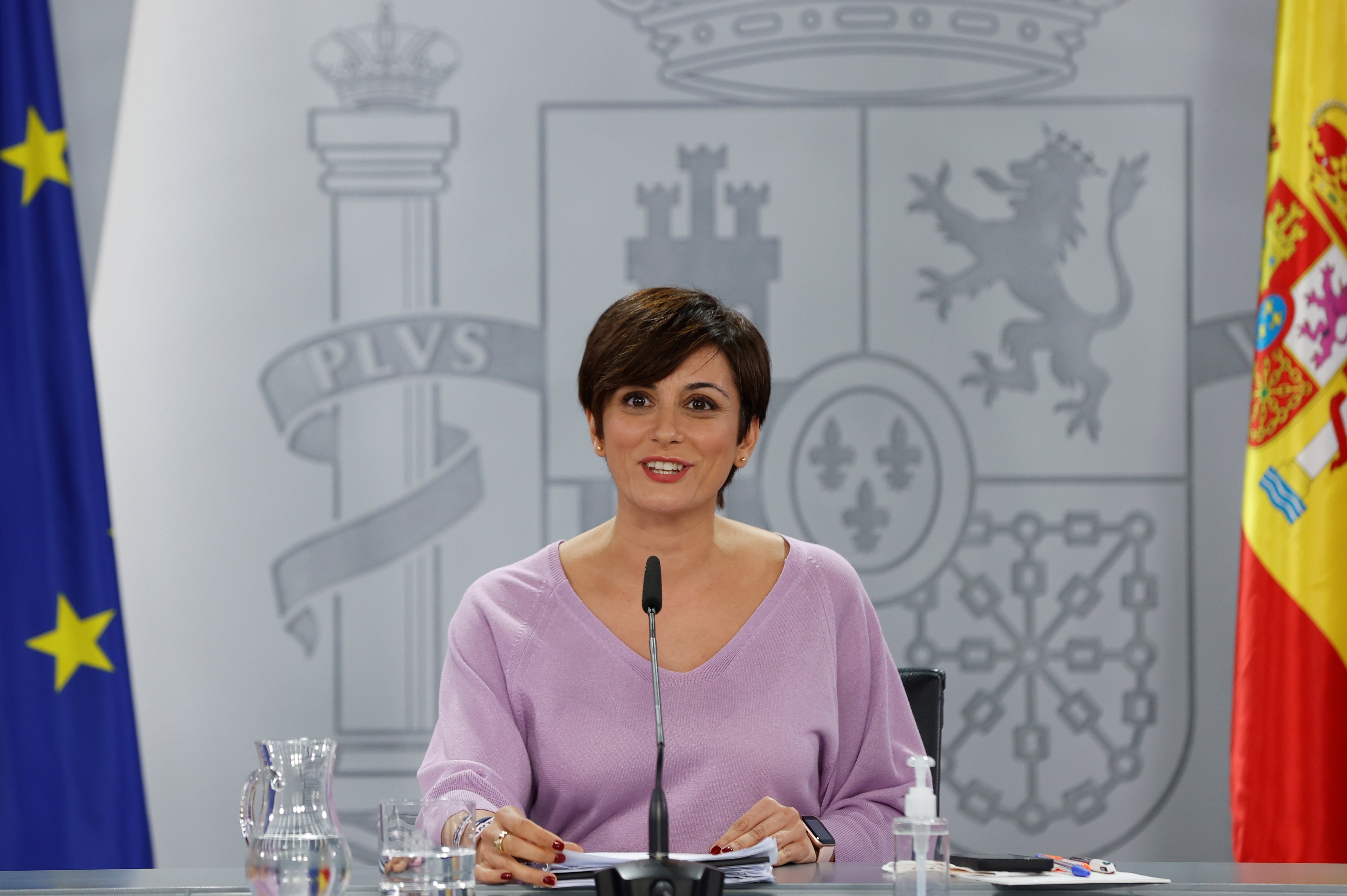Arnaldo Otegi's gesture is unprecedented: the Basque pro-independence left has acknowledged the pain caused by the violence of ETA and has stated that it should never have happened. The declaration was even celebrated at the party headquarters of the PSOE and Unidas Podemos, with the former lehendakari (Basque president) Patxi López leading the praise. But the Spanish government is moderating this applause, as is current lehendakari Íñigo Urkullu. From the Moncloa government palace in Madrid, the official line is that the gesture is "insufficient" and that the Basque pro-independence movement must go "much further", going "from words to deeds". On the other hand, when it comes to the Spanish state's own terrorist acts - the GAL death squads of the 1980s - they continue to look the other way.
At a press conference after the Spanish cabinet meeting this Tuesday, spokesperson Isabel Rodríguez took charge of watering down the previous day's response. First of all, she expressed "respect and remembrance for the victims of ETA", who will never be forgotten. Secondly, she stressed that today is a day to "celebrate" that ten years ago "democracy defeated ETA". Finally, in the third place, she described the declaration of the so-called abertzale, the Basque pro-independence left, as "insufficient".
"There is a need to ask for forgiveness and to move from words to deeds," said the Spanish government spokesperson, also demanding that the Basque pro-independence parties give "condemnation" when "tributes are paid to ETA convicts", in reference to the controversial welcomes when former members of the armed organization return home after being released from jail.
All in contrast to the words that came out of the Spanish Socialist party headquarters yesterday. Despite the questions that were asked and asked again by the press in Madrid, Patxi López was determined to emphasize that, for the first time, the abertzale has "recognized that violence was a mistake". The former lehendakari and new PSOE secretary for memory was jubilant because "there is finally recognition of the victims," and contrasted it with a "detestable" statement made three years ago, which referred to "collateral victims" of the Basque conflict.
However, Isabel Rodríguez was also asked about Otegi’s interview on Catalunya Ràdio, in which he brought up the issue of recognition of the victims of state terrorism by the Spain's 1980s anti-ETA death squads, the GAL. The spokesperson received the question by shaking her head, and avoided answering it: “There are probably people in this country who do not want us to celebrate today that ten years ago we defeated the terrorist group ETA. I will not make any statements."
Regarding agreements that have been reached and may be reached with EH Bildu in the Congress of Deputies - with the abertzale party's votes being important in the Pedro Sánchez government's parliamentary majority - the spokesperson also rejected criticism: "There may be ideological discrepancies, but the will of all the Spanish people who obtain parliamentary representation must be respected."
Meeting with Belgian prime minister
Nor did the government palace offer any clarification on what prime minister Pedro Sánchez discussed yesterday in Madrid with his Belgian counterpart Alexander de Croo. Asked if they addressed the situation of exiled Catalan president Carles Puigdemont, Rodriguez gave no answer. She referred simply to the public words of the Belgian president "recognizing the path we are taking in dialogue and re-encounter" undertaken by Pedro Sánchez.

